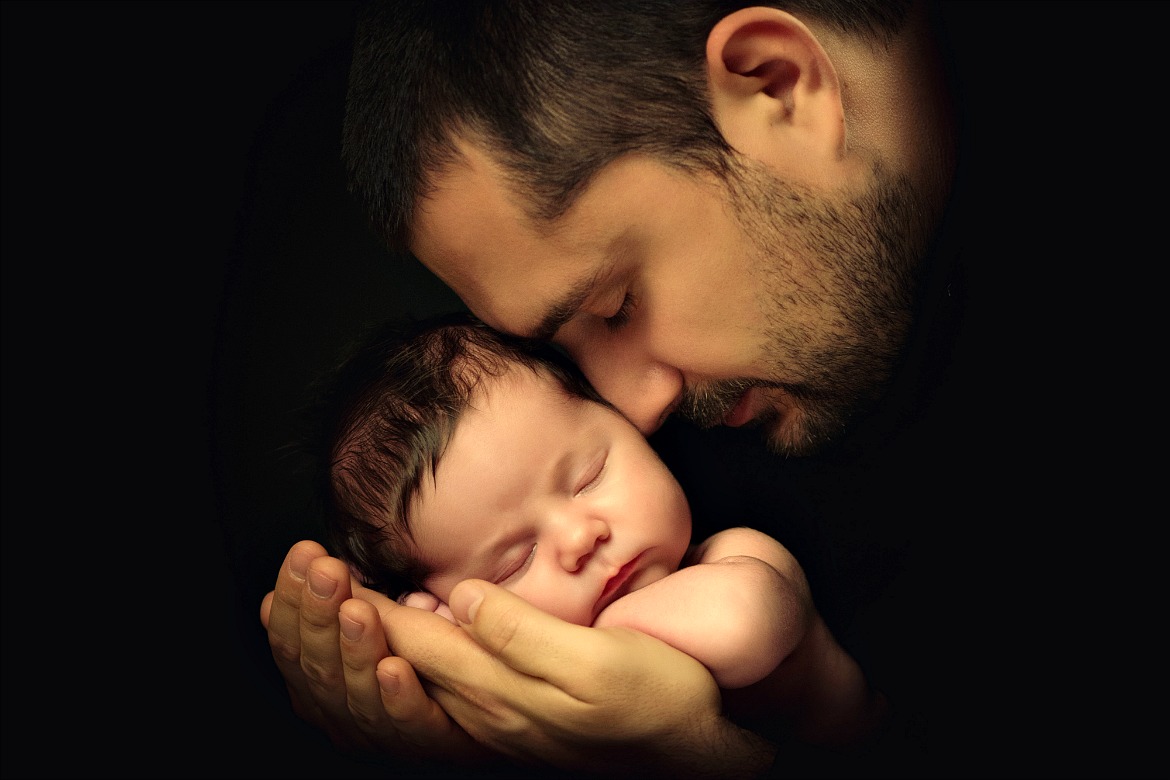Innate and Organic Gratitude

by Michael Feeley
There is a beautiful relationship between innate gratitude and organic gratitude.
Innate gratitude refers to the natural, built-in capacity for gratitude that humans possess as part of our psychological makeup. We are born with the innate potential and capacity for gratitude—hardwired evolutionary roots that give us the foundation to develop the important emotion of gratitude as a fundamental part of who we are.
Organic gratitude develops naturally through lived experience, arising spontaneously from our interactions with the world, relationships, and life circumstances. This gratitude emerges from actually experiencing kindness, beauty, good fortune, or meaningful connections, rather than being forced or artificially cultivated.
Research shows that children don’t demonstrate mature gratitude responses until around ages 7-10. Infants and toddlers don’t express gratitude – it emerges as cognitive and emotional development progresses.
How and whether gratitude develops depends heavily on learning, modeling, and cultural circumstances.
When you first practice gratitude deliberately—through journaling or consciously looking for things to appreciate—it can feel effortful or artificial. You’re training your attention and emotional responses.
Through consistent practice and encouragement, those inborn neural networks (pathways) get strengthened and rejuvenated. They support and help develop gratitude.
What once required conscious effort starts happening spontaneously. Your brain becomes better at noticing positive things, your default perspective shifts, and grateful responses become automatic.
Again, we are all born with this innate capacity for gratitude, but life experiences, cultural conditioning, trauma, or survival mode can distance us from it.
When you practice gratitude deliberately, you’re not creating something foreign—you’re returning to and reactivating what was already part of your essential nature. The practice works so powerfully because it’s reconnecting you with an innate capacity that never disappeared, just got disrupted and buried.
This explains why gratitude practice can feel so healing and natural when it clicks. You’re not forcing yourself to be someone you’re not—you’re coming home to who you naturally are.
The logical process is beautiful: innate gratitude → obscured by life → deliberately practiced → organically restored. The “organic” quality returns because you’re working with something that was authentically yours from the beginning.
Practicing gratitude isn’t about forcing yourself to be grateful, but about removing obstacles to what’s naturally there.
This is why gratitude feels so transformative, so good—you’re not just learning a technique, you’re rediscovering a fundamental part of yourself.
Thanks – Michael (he, him)
Please share this Daily with your tribes.
This also matters – Gratitude is a Practice.
#2027





